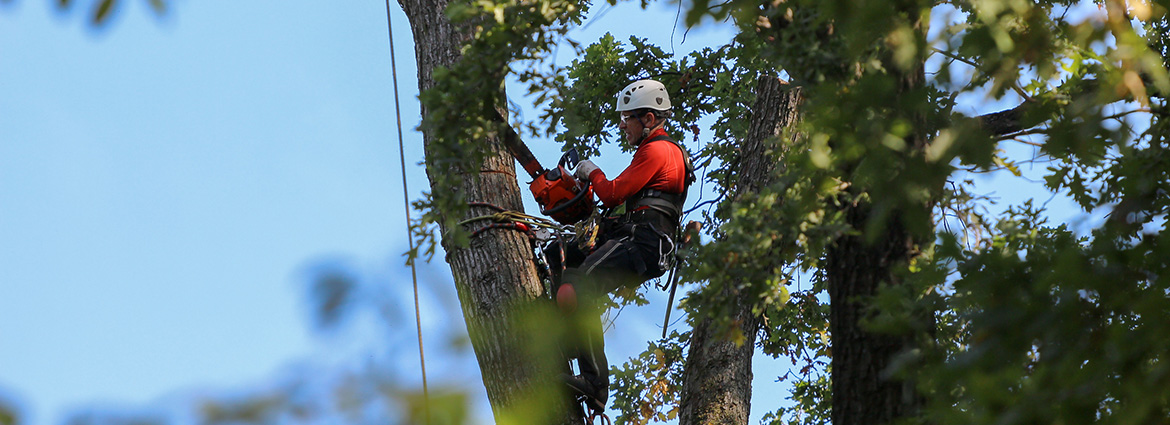All Categories
Featured
The elimination of trees can create open spaces that are at risk to weed intrusion. When trees are present, their dense covers typically color the ground, restricting the amount of sunshine that gets to the soil. However, after the removal of trees, these open areas obtain raised sunlight, offering perfect conditions for weed development.

They may recommend the use of compost, which acts as a protective obstacle on the dirt surface, avoiding weed seeds from germinating and reducing weed growth.

The presence of trees promotes a rich and varied neighborhood of dirt microbes. Tree roots supply a resource of raw material, exudates, and nutrients that support the growth and activity of valuable soil microorganisms. Nevertheless, when trees are removed, the absence of their roots can interrupt the delicate balance of the dirt's microbial environment.
What Is The Best Tree Removal Wollongong Area Company?
This modification in pH can affect nutrient schedule, microbial activity, and total soil health and wellness. To address the results of tree reducing on dirt pH, tree elimination specialists can supply beneficial guidance. They may advise soil screening to evaluate the current pH degrees and figure out the needed modifications. Based upon the outcomes, professionals can suggest pH change approaches, such as adding lime to increase soil pH or incorporating important sulfur to decrease it.

It refers to the compression of dirt particles, leading to lowered pore area and boosted soil thickness. This compaction can negatively impact the dirt's capacity to operate efficiently, affecting its water-holding ability, nutrient accessibility, and root infiltration. Proper methods employed by tree elimination experts can aid decrease compaction and maintain the soil's capability to preserve water, and enable sufficient airflow and mindful tools handling.
Latest Posts
How Much Should I Pay For Tree Arborist Wollongong?
Is It Worth Paying For Tree Removal Wollongong?
What Do Tree Removal Wollongong Services Include?